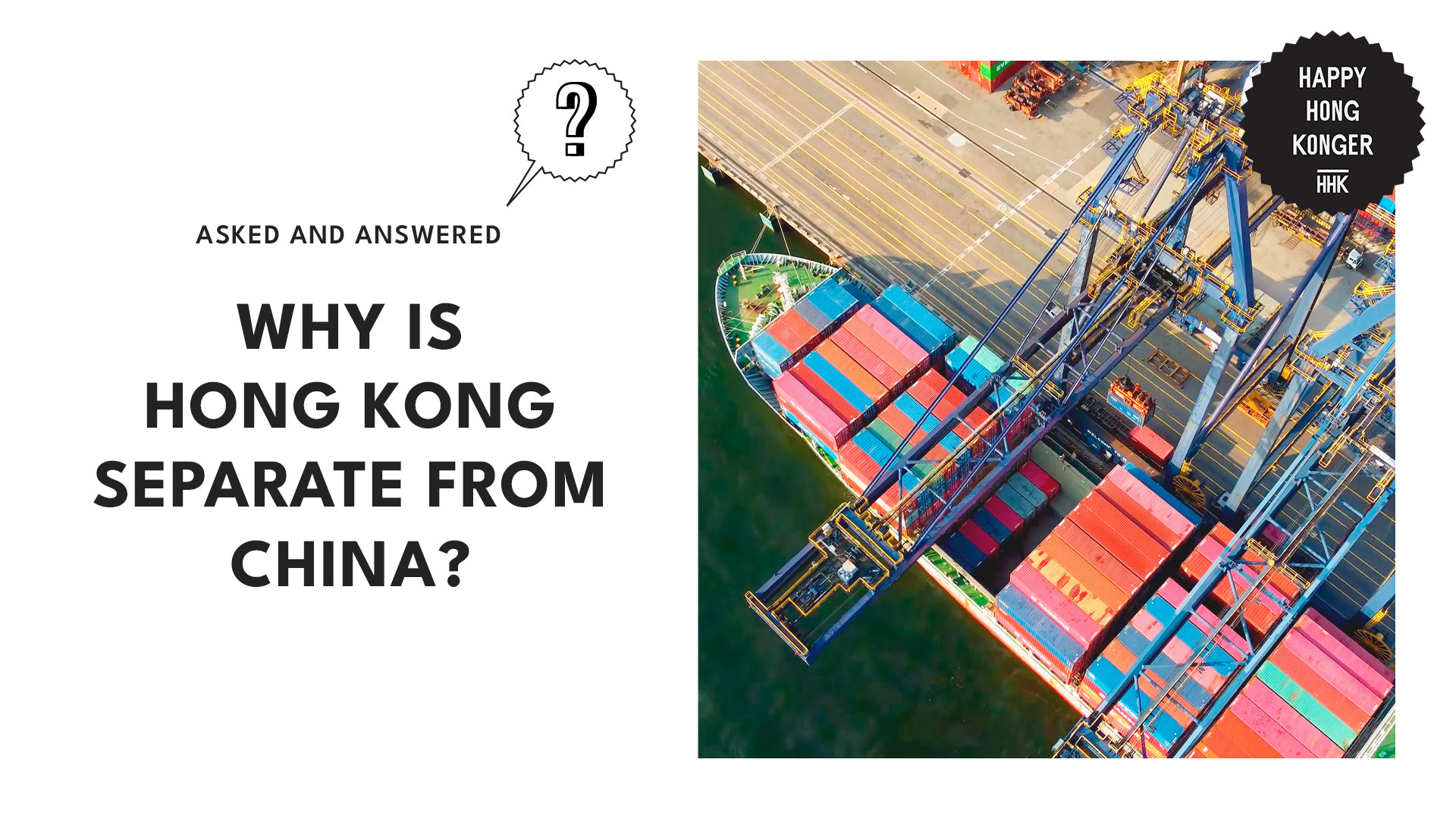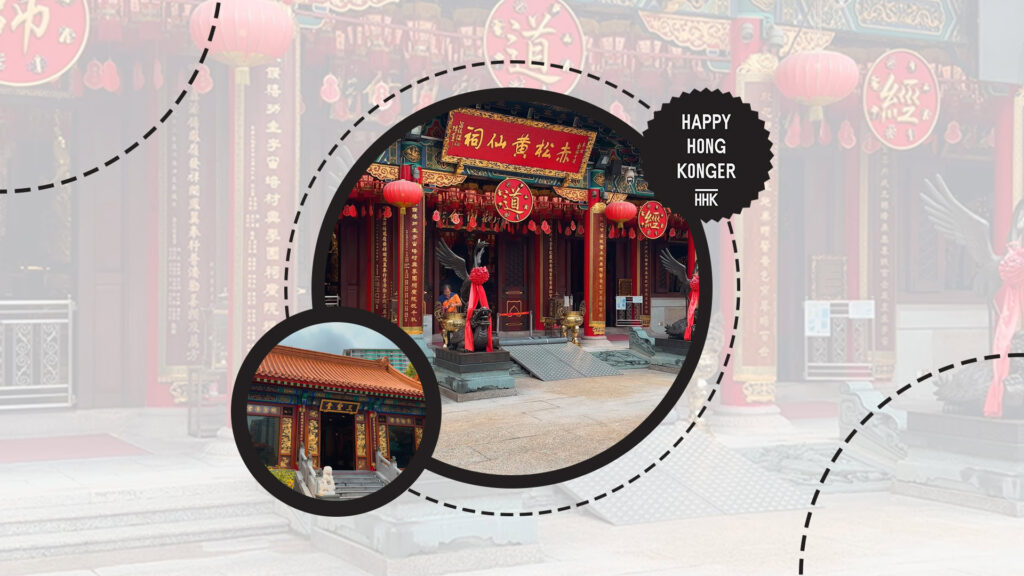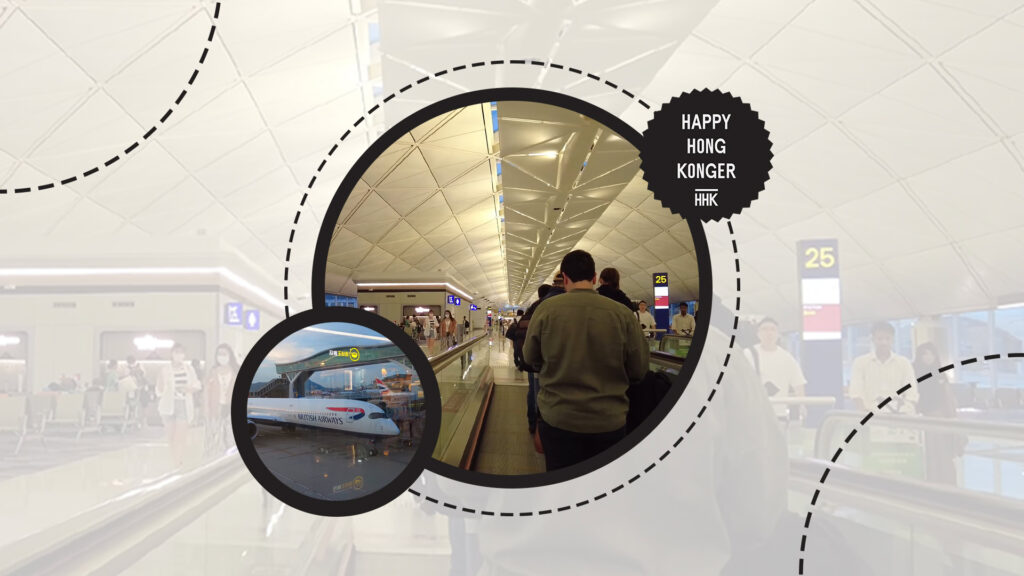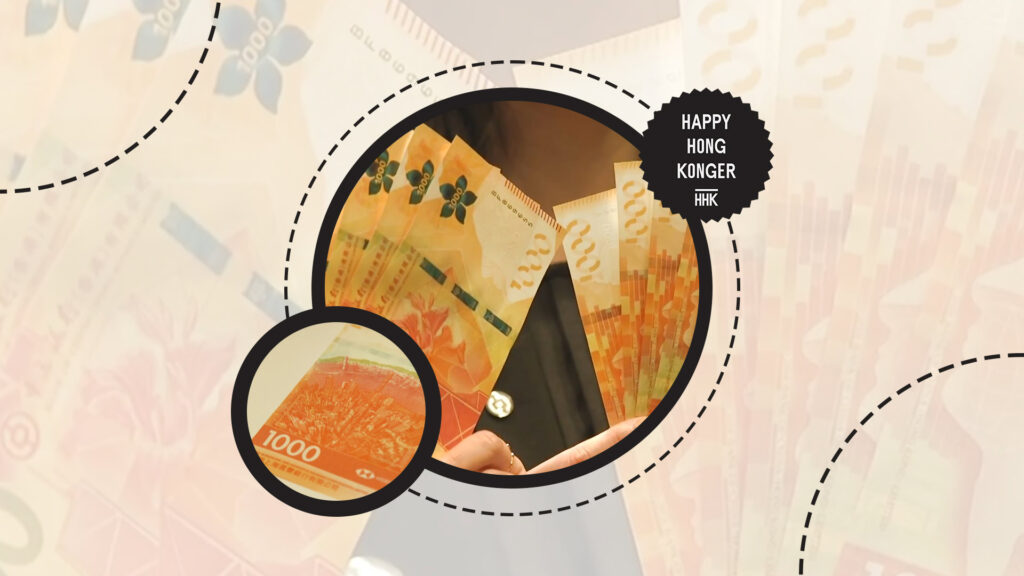Categories > Guides and Tips

Why is Hong Kong separate from China? The history you need to know
While geographically within the same boundaries, Hong Kong is a separate region from China. It has its own money, culture, and even its own entry to the Olympics!
But why is it like this?
Was there a war that split one nation into two? Or has China simply grown too big population-wise that it has to divide its own state?
No need to wonder any longer—we’ve got the full story, along with the key factors that explain how this unique division came to be.
Why is Hong Kong separate from China?

Hong Kong is separate from China because of the “one country, two systems” framework as agreed upon by China and Britain.
It’s a governance model that allows Hong Kong to maintain its own legal and economic systems, currency, and parliamentary structure until 2047.
No one knows exactly what will happen after 2047. However, many Hong Kongers fear that the country may be absorbed by China’s system. They also fear impending threats to the country’s freedoms, property leases, and judiciary.
Unlike Mainland China, which follows a different legal framework, Hong Kong continues to operate under British common law.
This legal distinction became a focal point during the protests against the now-shelved extradition law, which would have allowed extradition to Mainland China.
However, legal autonomy is just one aspect of how Hong Kong functions independently.
There are several other ways that highlight its unique statues. Here’s how:
1. Cultural Distinction

Culturally, Hong Kong is proudly different from Mainland China.
While many Hong Kongers consider themselves ethnically Chinese, they don’t necessarily identify as part of China. Hong Kong even has its own Olympic team, flag, and anthem!
Cantonese and English are the official languages, while Mandarin is not widely spoken in daily life, unlike in the mainland.
Despite its modern flair, it remains a hub of traditional Chinese culture. Festivals, martial arts, and Buddhist practices—some of which were banned in Mainland China—continue to flourish here.
2. Economy
Hong Kong’s economy sets it apart. Known for its free trade and low taxes, it thrives with minimal government interference. Mainland China’s economy, by contrast, is more tightly controlled.
For starters, Hong Kong boasts a highly developed financial sector. It has a stock market capitalization significantly larger than that of mainland China’s exchanges.
Hong Kong’s currency, the Hong Kong Dollar (HKD), is freely convertible and operates under a linked exchange rate system.
On the other hand, China’s financial markets are comparatively less open, with the Renminbi (RMB) subject to capital controls and limited convertibility.
When it comes to development, Hong Kong is predominantly service-oriented, with finance, trade, and logistics sectors contributing significantly to GDP. China’s economy is more diversified, encompassing substantial industrial and agricultural sectors.
3. Border Control

Another key feature of Hong Kong’s autonomy is its separate immigration system. For instance, Hong Kong residents hold their own passports (HKSAR passports).
Furthermore, the border between Hong Kong and China functions much like an international one. As a result, Hong Kong residents need visas to visit mainland China, while Chinese nationals must obtain special permits to enter Hong Kong.
Even trade between the two regions is regulated, though investment has become more fluid in recent years.
4. Limited Self-Government

Hong Kong’s parliament, known as the Legislative Council, is a compromise between democracy and Beijing’s influence. Some members are elected by popular vote, while others come from Beijing-approved business and policy sectors.
The head of government, the Chief Executive, is chosen from a list of candidates approved by Beijing. While it’s not a full democracy, it still differs from the system in Mainland China.
Key Differences Between Hong Kong and Mainland China

Hong Kong and Mainland China may share a border, but when it comes to their systems and cultures, they’re worlds apart. From governance to daily life, notable differences distinguish these two regions.
1. Taxes and Money

Thanks to its unique status, Hong Kong enjoys a free-enterprise system. This allows it to maintain its economic independence rather than blending into the communist structure of the mainland.
This means the region has its own financial policies and practices without interference from China when it comes to tax laws.
For currency, Hong Kong uses the Hong Kong dollar (HKD), which is cleverly pegged to the U.S. dollar under a linked exchange rate system. This setup provides stability and attracts international business.
In contrast, Mainland China uses the Chinese yuan (CNY) as its legal tender. Notably, you won’t find many merchants in Hong Kong who accept yuan.
2. Economic Interdependence

Despite the tensions surrounding Hong Kong’s democracy and governance, the economic relationship between the region and Mainland China remains robust. However, they serve different purposes for those who do business.
Hong Kong is often seen as a gateway. Since the country is more open compared to China, businesspeople often target the city first to set up their businesses. In a sense, it’s their bridge to Mainland China.
Once established in Hong Kong, they’ll have better opportunities to tap into the vast Chinese market or explore investment opportunities. With China being stricter with its economic policies, it will be difficult for the average entrepreneur to directly set up their business there.
As of 2022, 124 out of 155 licensed banks in Hong Kong were incorporated outside the region, with most hailing from the mainland.
1. Trading
Mainland China is not only Hong Kong’s largest trading partner but also its second-largest source of inward direct investment.
According to Investopedia, Mainland China’s non-financial direct investment in Hong Kong in 2021 totaled an astounding $543.8 billion, accounting for 27.7% of the total.
Meanwhile, Hong Kong directed 37.1% of its domestic exports to the mainland, which was also the biggest supplier of imports at 42.2% in 2022.
2. Entrepôt Services
Hong Kong is a major supplier of entrepôt services to China. According to Investopedia, the value of goods re-exported through Hong Kong to and from the mainland reached $487.4 billion in 2022.
This accounted for a staggering 85.4% of Hong Kong’s total re-export trade value.





